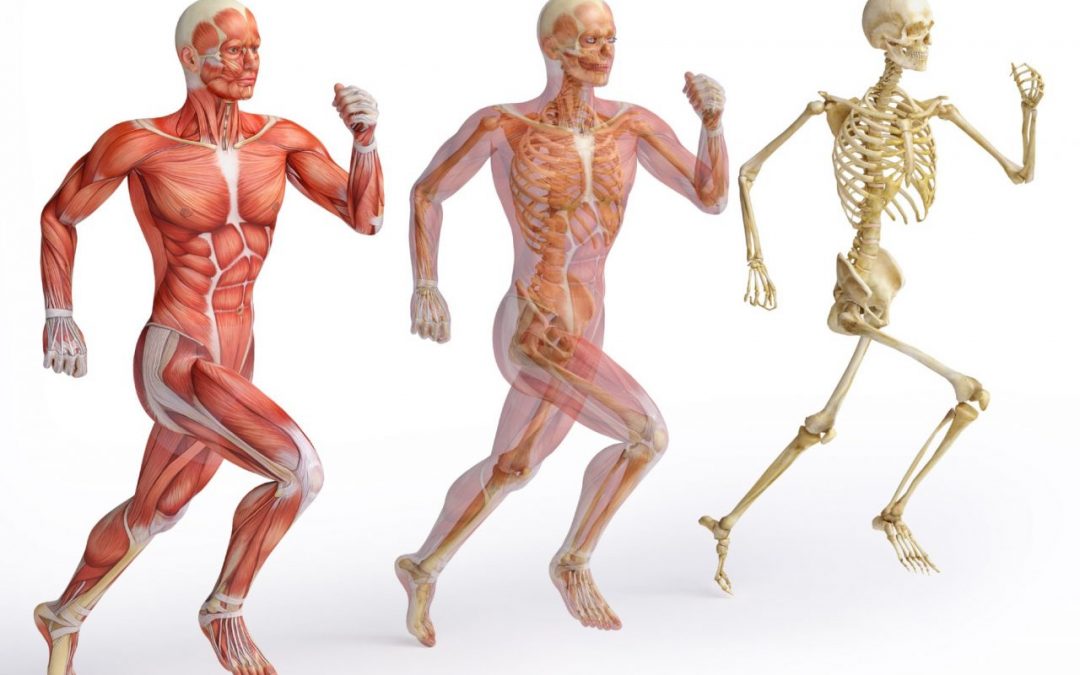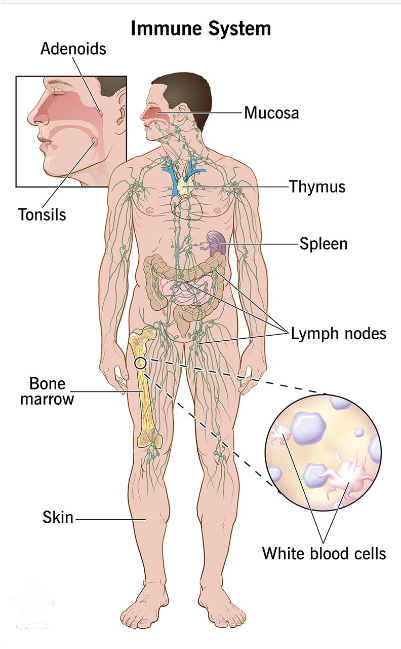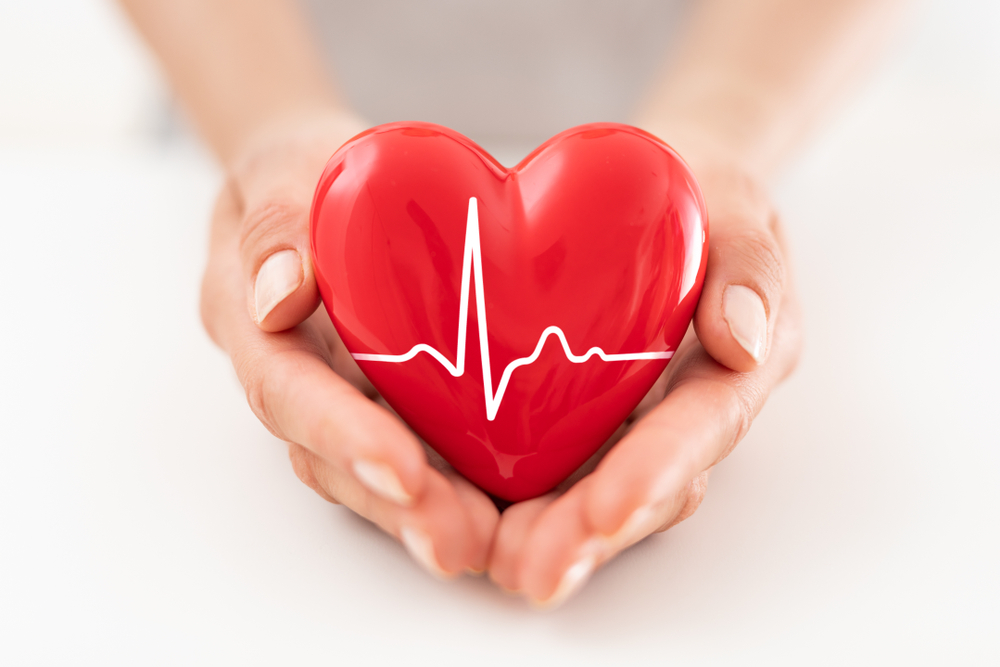Introduction
In today’s fast-paced world, maintaining personal health has become increasingly challenging. As lifestyles become more sedentary due to technology and urban living, the importance of physical activity cannot be overstated. Physical activity encompasses a wide range of movements that require energy expenditure, including exercise, sports, and daily activities. This essay explores how physical activity positively affects personal health, focusing on its benefits for physical, mental, and emotional well-being.
The Physical Health Benefits of Regular Activity
1. Weight Management
One of the most significant benefits of regular physical activity is its role in weight management. Engaging in activities such as running, swimming, or cycling burns calories, helping to create a caloric deficit that is essential for weight loss. Furthermore, regular exercise can help maintain a healthy weight by balancing energy intake with energy expenditure. The Centers for Disease Control and Prevention (CDC) recommend at least 150 minutes of moderate-intensity aerobic activity per week, combined with strength training exercises on two or more days per week, to help control weight.
2. Cardiovascular Health
Physical activity plays a vital role in improving cardiovascular health. Regular aerobic exercise strengthens the heart muscle, enabling it to pump blood more efficiently. This leads to lower resting heart rates and improved circulation. Moreover, engaging in physical activity can help reduce the risk of heart disease by lowering blood pressure, improving cholesterol levels, and decreasing the likelihood of developing diabetes. A study published in the Journal of the American Heart Association found that individuals who engage in regular moderate to vigorous physical activity have a significantly lower risk of developing cardiovascular diseases.
3. Musculoskeletal Health

Engaging in physical activity is crucial for maintaining strong muscles and bones. Weight-bearing exercises, such as walking, jogging, and resistance training, stimulate bone growth and improve bone density, which can prevent osteoporosis and fractures as one ages. Additionally, regular physical activity enhances muscle strength, flexibility, and balance, reducing the risk of falls and injuries, particularly in older adults.
4. Immune Function

Regular physical activity has been shown to enhance immune function, making the body more resilient to infections and diseases. Moderate-intensity exercise increases circulation and the flow of immune cells in the body, enabling them to detect and respond to pathogens more effectively. According to research published in the Journal of Sport and Health Science, individuals who engage in regular moderate exercise experience fewer illnesses and recover more quickly when they do get sick.
The Mental Health Benefits of Physical Activity
1. Reduced Stress and Anxiety
Engaging in physical activity is a powerful tool for managing stress and anxiety. Exercise stimulates the release of endorphins, often referred to as “feel-good” hormones, which promote a sense of well-being and relaxation. A study published in the journal Neuropsychobiology found that individuals who engage in regular physical activity report lower levels of stress and anxiety compared to those who lead sedentary lifestyles. Moreover, physical activity provides a healthy outlet for coping with daily stressors, offering a break from routine and a chance to focus on the present moment.
2. Improved Mood and Mental Clarity
Regular physical activity can lead to significant improvements in mood and overall mental well-being. Exercise has been linked to reductions in symptoms of depression and anxiety, with many studies indicating that individuals who exercise regularly report feeling happier and more content. The Mayo Clinic reports that regular physical activity can help alleviate feelings of sadness and improve self-esteem. Additionally, physical activity promotes better cognitive function, enhancing memory, concentration, and overall brain health.
3. Enhanced Sleep Quality
Physical activity can also have a positive impact on sleep quality. Engaging in regular exercise can help individuals fall asleep faster and enjoy deeper sleep cycles. The National Sleep Foundation recommends regular physical activity as a key strategy for improving sleep quality. Moreover, improved sleep quality has a direct correlation with better mental health, increased productivity, and enhanced overall well-being.
The Emotional and Social Benefits of Physical Activity
1. Building Resilience and Confidence
Engaging in physical activity fosters a sense of accomplishment and resilience. Setting and achieving fitness goals, whether running a certain distance or lifting a specific weight, builds confidence and self-esteem. This sense of achievement extends beyond the gym or sports field, positively influencing other areas of life. A study published in the Journal of Health Psychology found that individuals who engage in regular physical activity exhibit higher levels of self-efficacy, which is the belief in one’s ability to succeed in specific situations.
2. Social Connections
Participating in group exercise or team sports fosters social connections and builds a sense of community. Engaging in physical activity with others creates opportunities for social interaction, support, and shared experiences. This social aspect of physical activity can combat feelings of loneliness and isolation, contributing to overall emotional well-being. Research from the American Journal of Preventive Medicine shows that individuals who engage in social physical activities are more likely to adhere to their fitness routines and experience greater health benefits.
Conclusion
The positive effects of physical activity on personal health are vast and multifaceted. From improving physical health markers such as weight management, cardiovascular fitness, and musculoskeletal strength to enhancing mental health by reducing stress, anxiety, and depressive symptoms, the benefits of regular exercise are undeniable. Furthermore, physical activity fosters emotional resilience and strengthens social connections, leading to a more fulfilling and balanced life. In an era where sedentary lifestyles are prevalent, prioritizing physical activity is essential for achieving and maintaining optimal personal health. By incorporating regular movement into daily routines, individuals can unlock the numerous benefits that come with an active lifestyle, ultimately enhancing their quality of life.
FAQs
1. How much physical activity do I need each week?
The Centers for Disease Control and Prevention (CDC) recommends that adults engage in at least 150 minutes of moderate-intensity aerobic activity or 75 minutes of vigorous-intensity aerobic activity each week, along with muscle-strengthening activities on two or more days a week.
2. What types of physical activities are considered moderate-intensity?
Moderate-intensity activities include brisk walking, cycling on flat terrain, dancing, gardening, and doubles tennis. These activities increase your heart rate and breathing but still allow you to talk comfortably.
3. Can physical activity help with weight loss?
Yes, regular physical activity is crucial for weight loss and weight management. It helps create a caloric deficit, allowing the body to burn stored fat. Combining physical activity with a balanced diet enhances weight loss efforts.
4. How does physical activity improve mental health?
Physical activity stimulates the release of endorphins, which are chemicals in the brain that promote feelings of happiness and euphoria. Regular exercise also reduces symptoms of anxiety and depression and enhances overall mood and cognitive function.
5. Is it ever too late to start exercising?
No, it’s never too late to start exercising. Studies have shown that older adults who engage in regular physical activity can experience significant health benefits, including improved mobility, increased strength, and enhanced mental well-being.
6. What are the best types of exercise for seniors?
Seniors can benefit from a variety of exercises, including:
Walking for cardiovascular health
Strength training to maintain muscle mass
Balance exercises to reduce the risk of falls
Flexibility exercises such as yoga or stretching to improve mobility
7. How does physical activity affect sleep quality?
Regular physical activity can help improve sleep quality by helping you fall asleep faster and sleep more deeply. Aim to complete your workouts at least a few hours before bedtime to allow your body time to wind down.
8. Can physical activity help boost the immune system?
Yes, regular moderate-intensity exercise has been shown to enhance immune function. It can help the body fend off illnesses and infections more effectively by improving circulation and the flow of immune cells.
9. What are some easy ways to incorporate physical activity into a busy schedule?
Take short walking breaks throughout the day.
Use stairs instead of elevators.
Engage in short workouts, like 10-15 minutes of exercise several times a day.
Participate in active hobbies like dancing or gardening.
10. What should I do if I have a chronic health condition?
If you have a chronic health condition, it’s important to consult with a healthcare provider before starting any new exercise program. They can provide recommendations tailored to your individual health needs and limitations.




